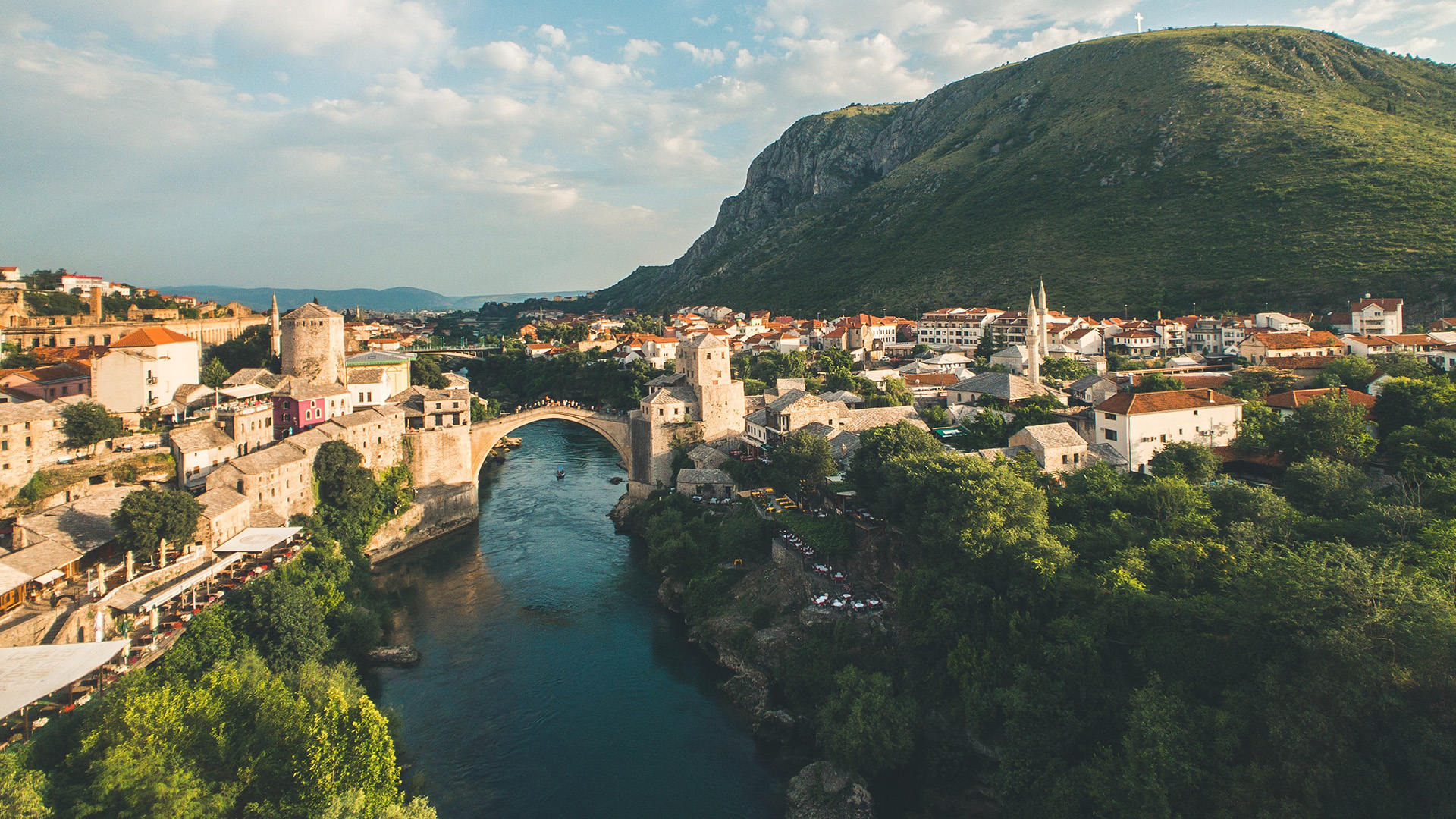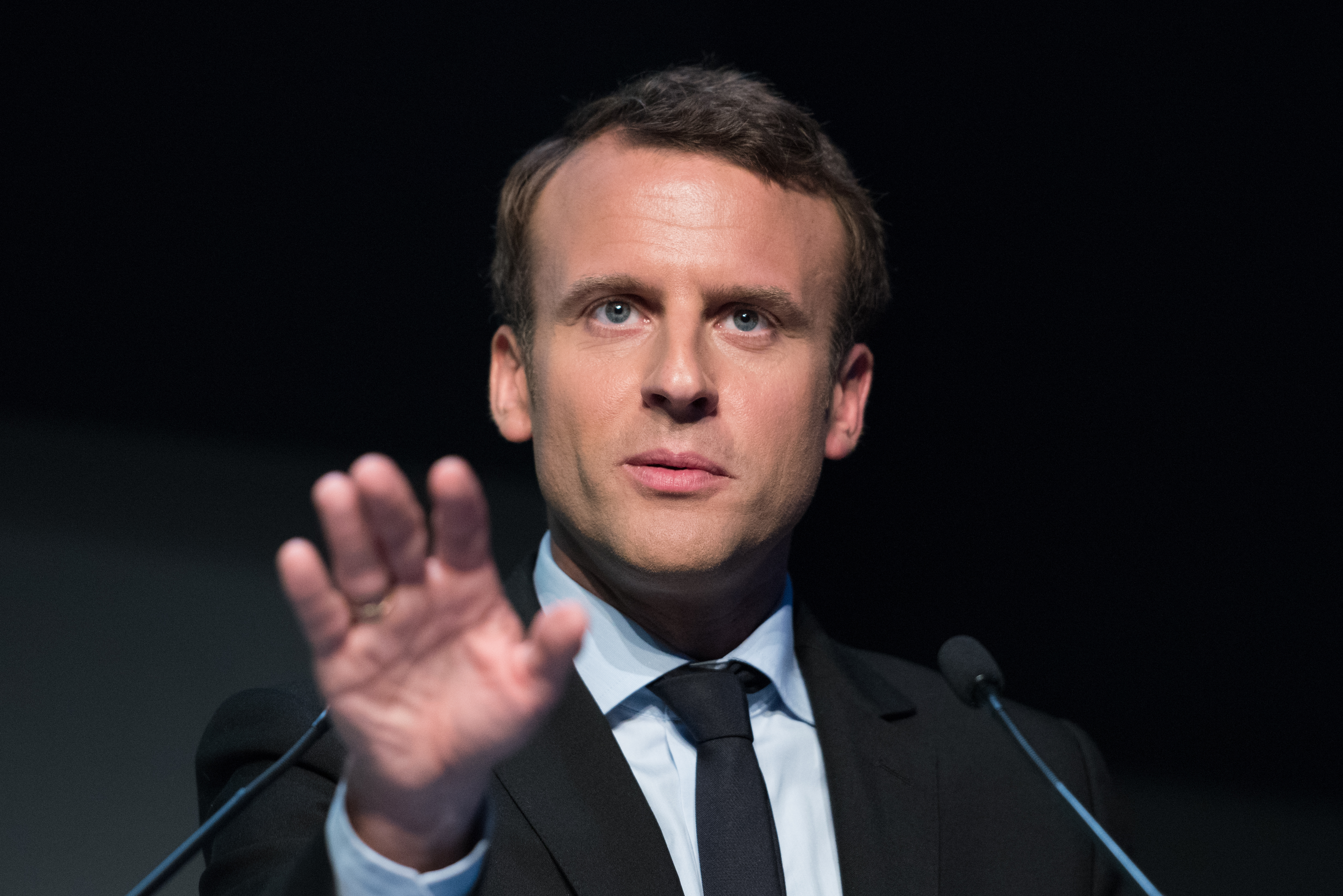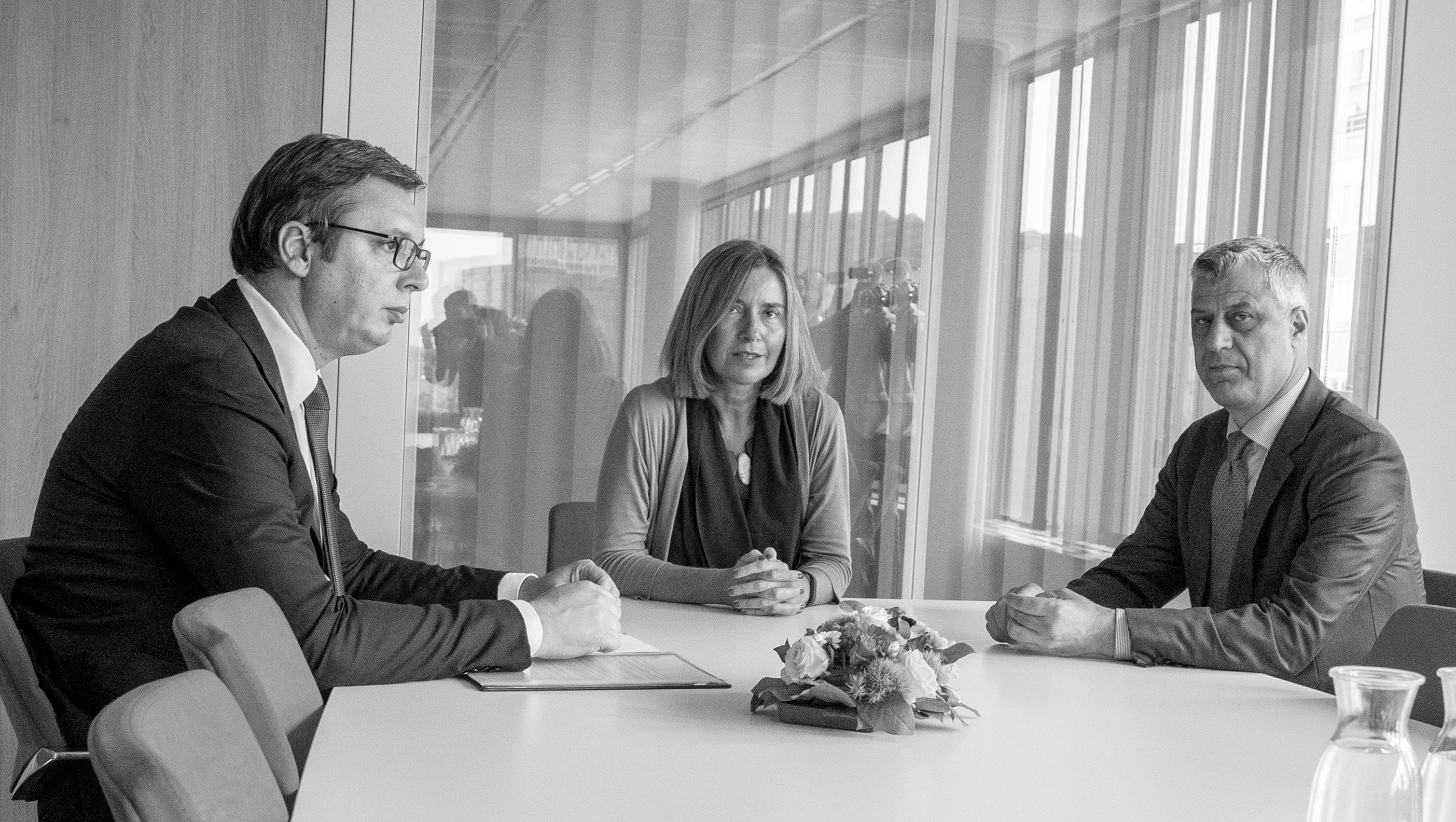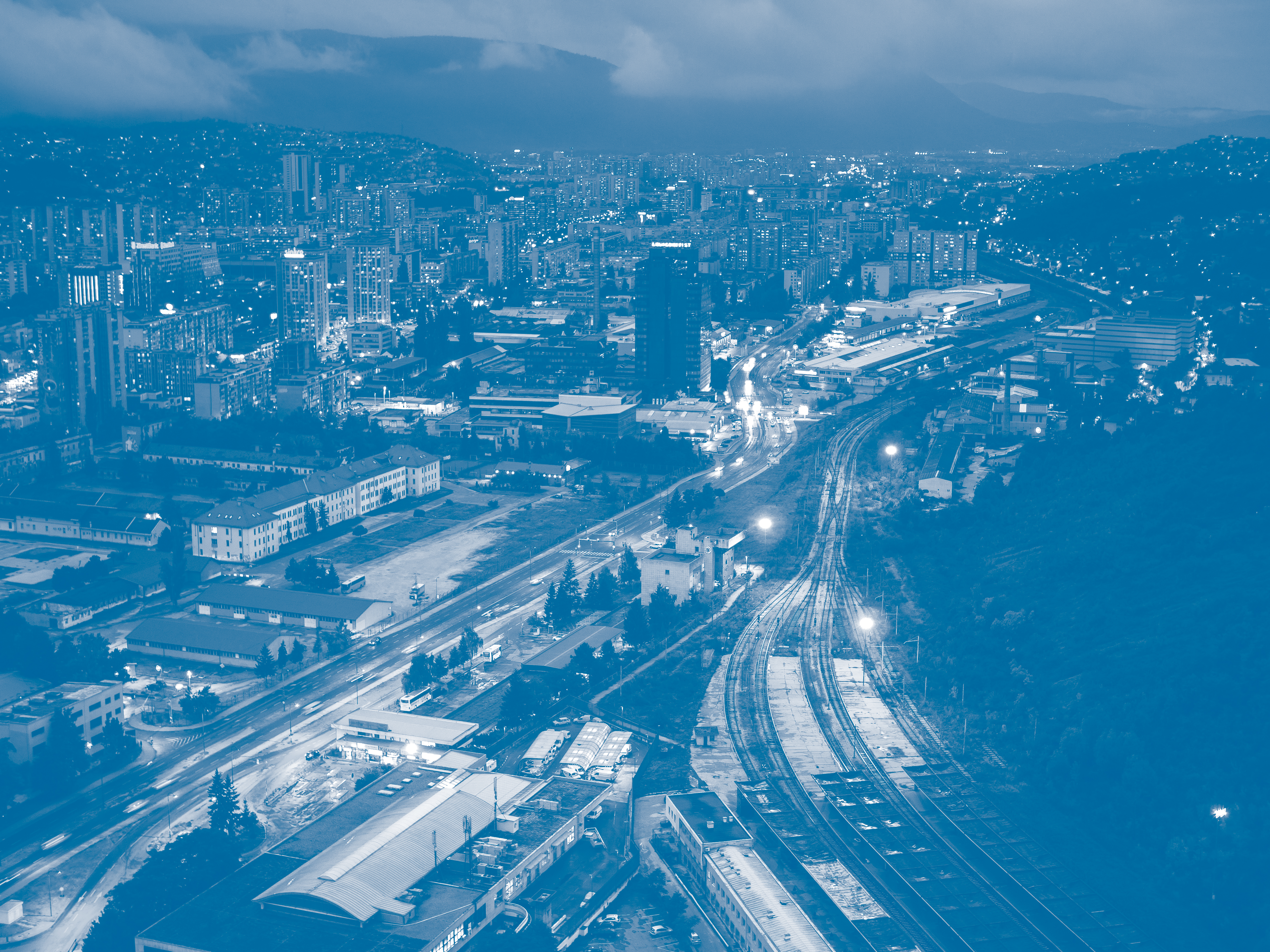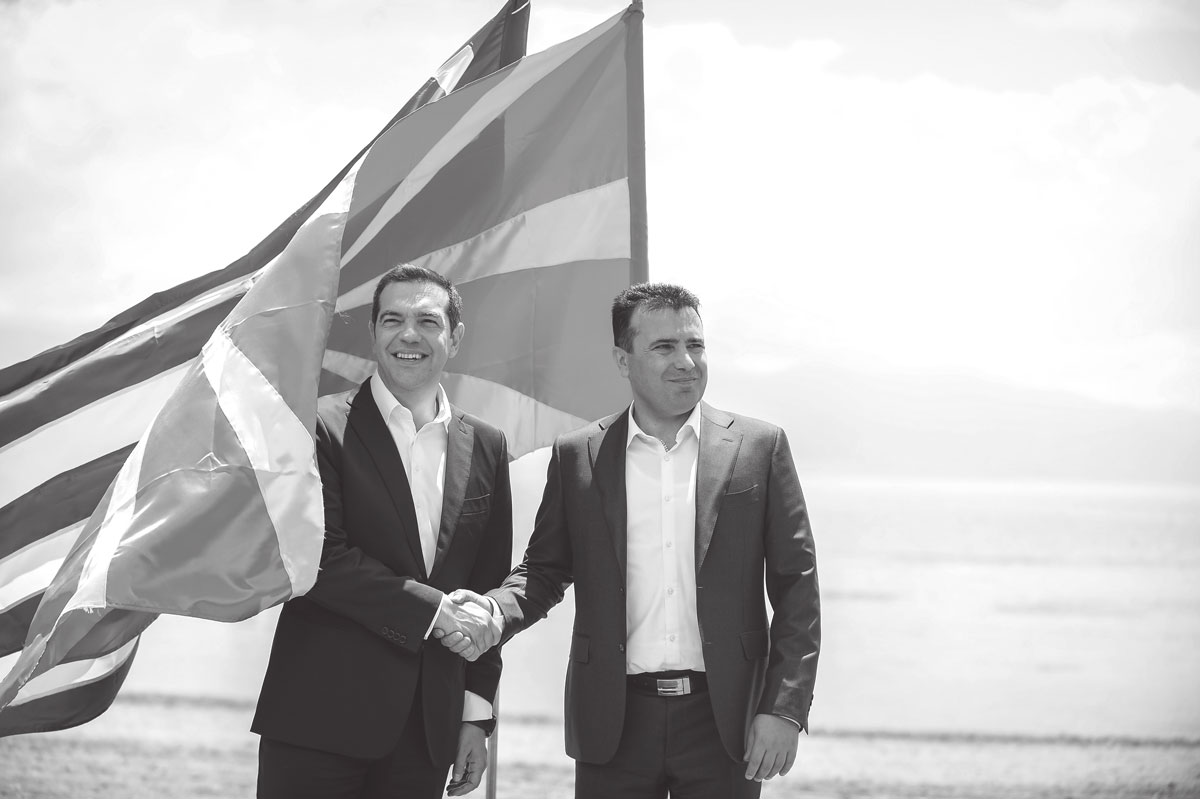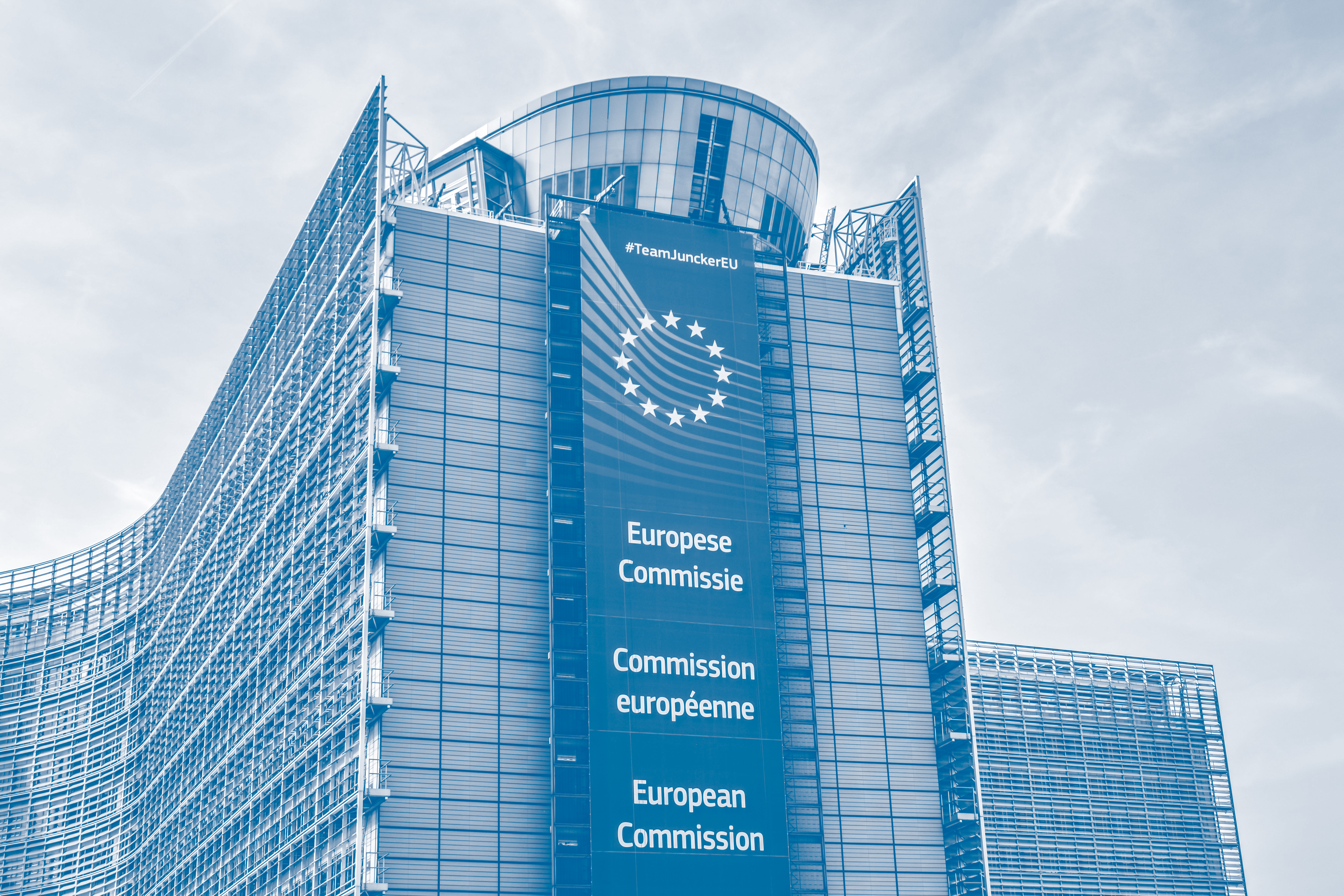Policy Recommendations
- Creating cultural policy in Bosnia and Herzegovina as the key element for a sustainable society, especially linking it with education, economic and social policies.
- Ensuring the full engagement of cultural professionals, civil society, media, youth organisations and scientific community in the realisation of a new cultural policy.
- Strengthening cultural diversity, intercultural dialogue, citizens’ participation resulting in the unification of society.

